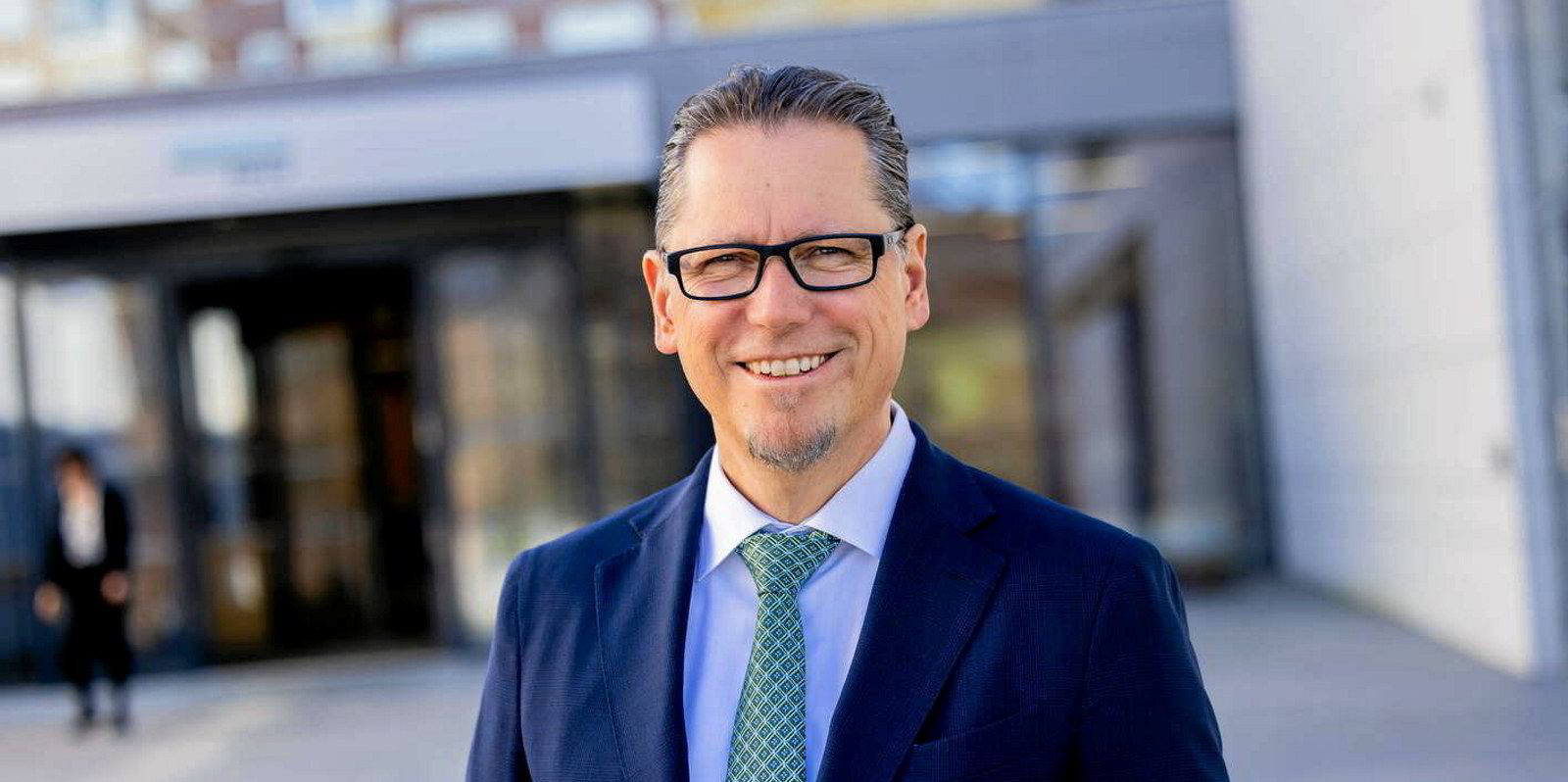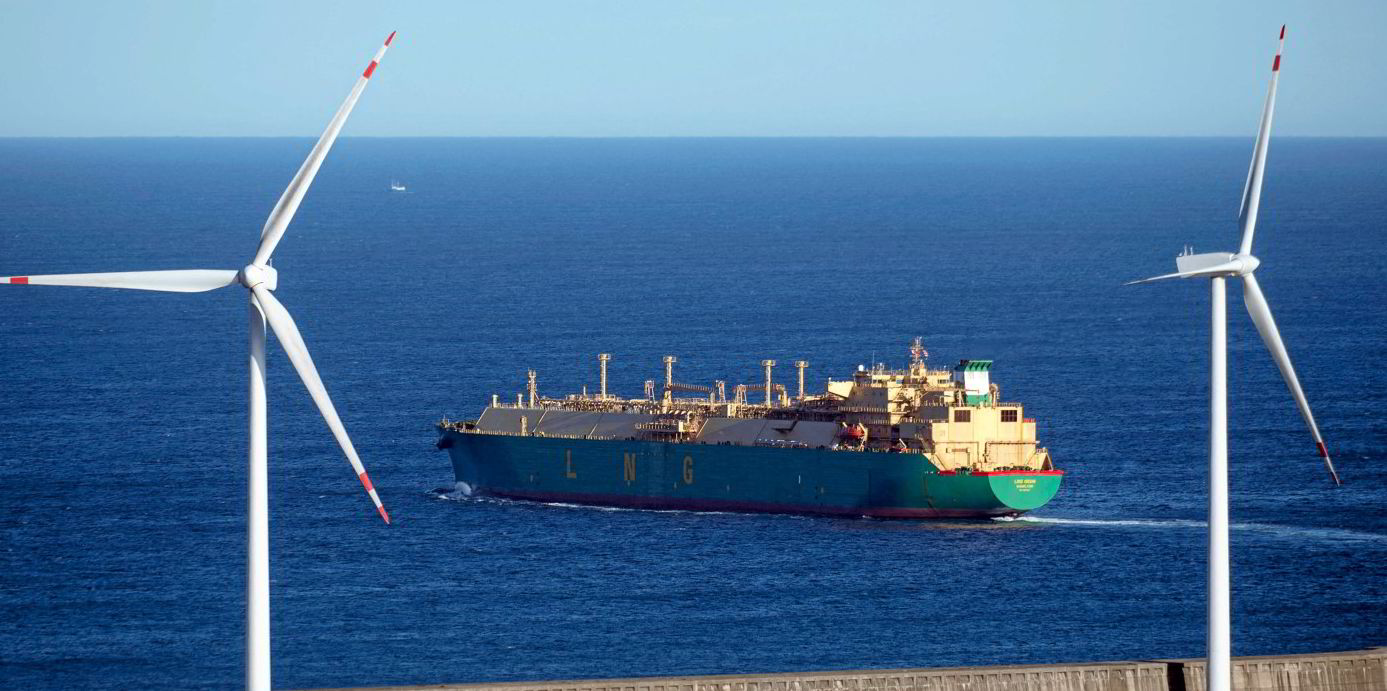The high cost of alternative fuels needed to drive shipping’s progress towards net zero will be possible only with strong government intervention, says the CEO of classification society DNV.
Remi Eriksen told TradeWinds that the transport sector needs to tackle decarbonisation with a greater sense of urgency with its share of global C02 emissions set to grow from 25% to 30% by 2050.
The increased share is linked in part to the difficulty of shifting long-haul shipping fleet from carbon-emitting fuels with tonne-miles also expected to expand by 35% over the next three decades, it said.
A new DNV report predicts transport oil demand will halve by 2050 driven by electrification of the car sector but shipping’s search for a greener future leaves it lagging owing to high costs and the difficulties of setting up a global bunkering network.
“If you electrify, it will always be the cheapest solution … so for road transport, that’s the key driver, while for aviation and shipping, it will not be cheap,” said Eriksen.
“So in order to then decarbonise sectors like shipping, you will need some sort of intervention to move that.
“And that’s where we are saying that governments and international organisations like the IMO will need to drive this because it will not come because of the cost advantage of the new fuel.”
The report calls on governments to make their ports as attractive as possible to decarbonised shipping, taxing emissions while increasing the scale of green shipping corridors, routes where zero-carbon emissions ships are deployed.
The IMO has been criticised for failing to provide a strong enough lead on the issue and has come under pressure from some members, the G7, and shipping organisations to strengthen its current policy of a 50% cut in emissions by 2050, compared with 2008 levels.
Despite its failings, Eriksen said most industries did not have organisations like the IMO that could drive global policy and said its work was supplemented by regional initiatives, such as the EU’s inclusion of shipping in a carbon trading system.
Multi-fuel future
But he said the present pace of the transition fell “severely short” of the goals of the 2015 Paris Agreement to combat dangerous levels of global warming.
The DNV report — Transport in Transition — said policymakers needed to work with industry to promote research, develop and commercialise pilot projects and commit to large public-private projects to deliver zero-carbon fuels and its infrastructure.
A survey published last month by three organisations dedicated to working towards a low-carbon future in shipping suggested a multi-fuel future, with no clear front-runner in the race to decarbonise shipping.
The survey of 29 shipping businesses found that about one-third of respondents did not know what fuels they expect to run on in 2030 and 2050.





